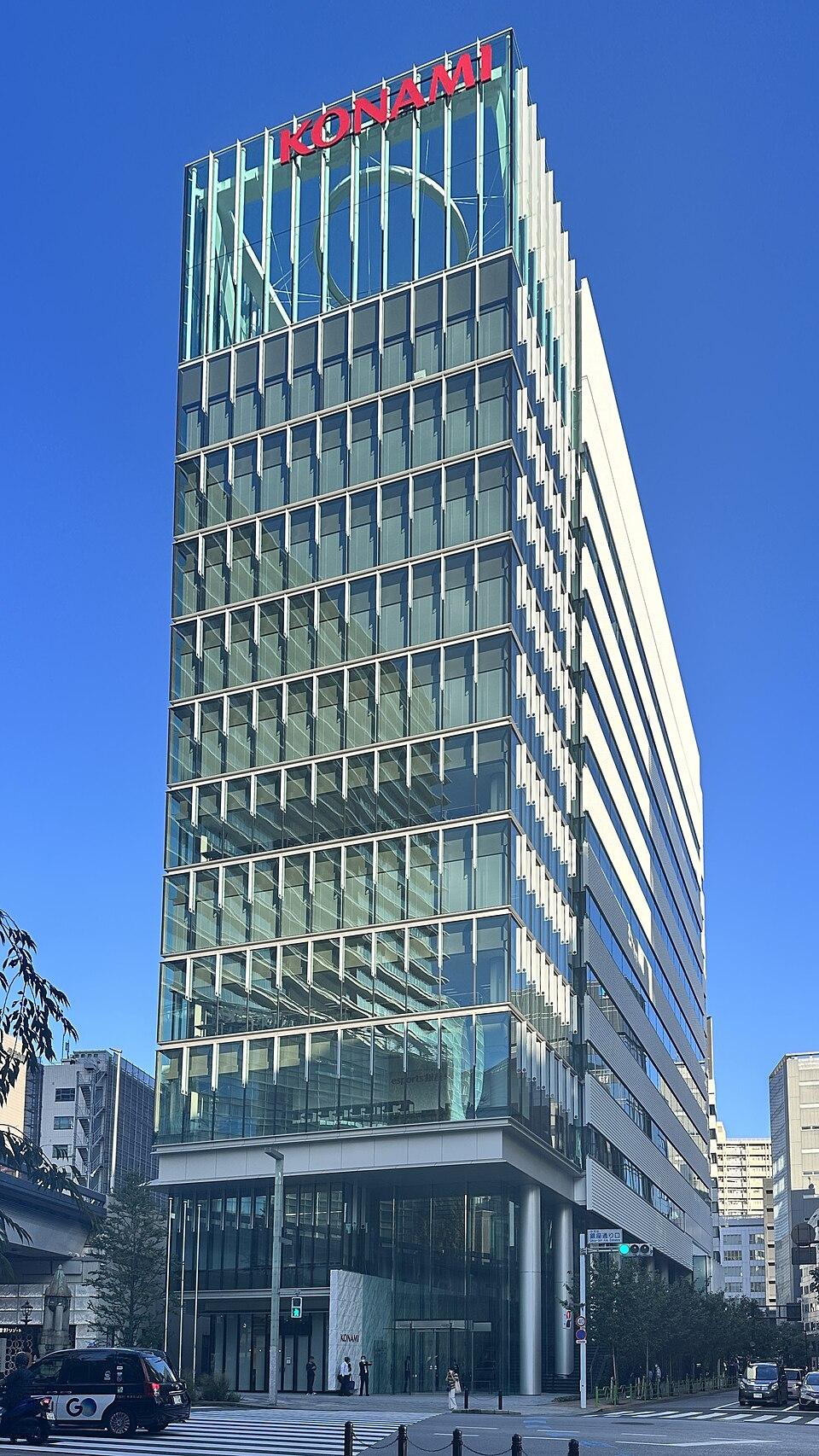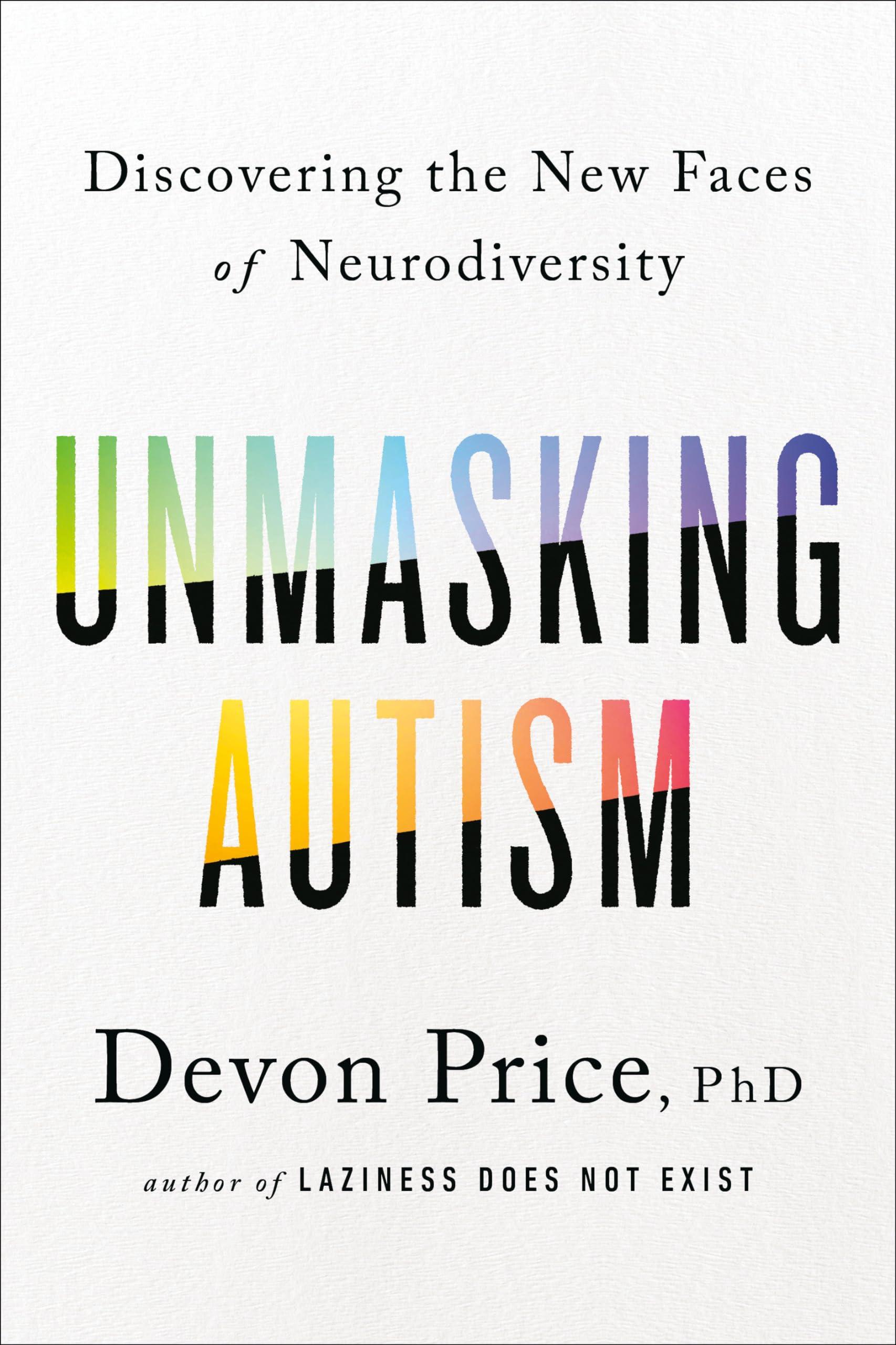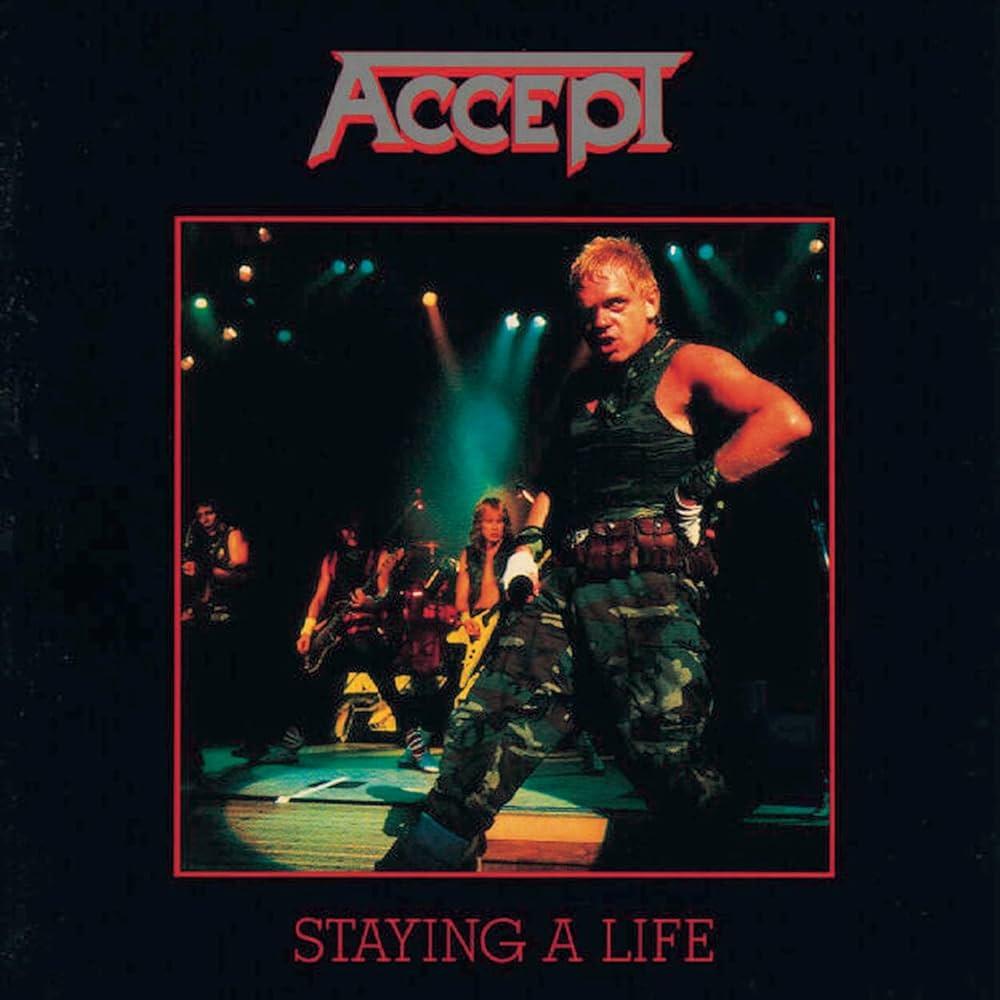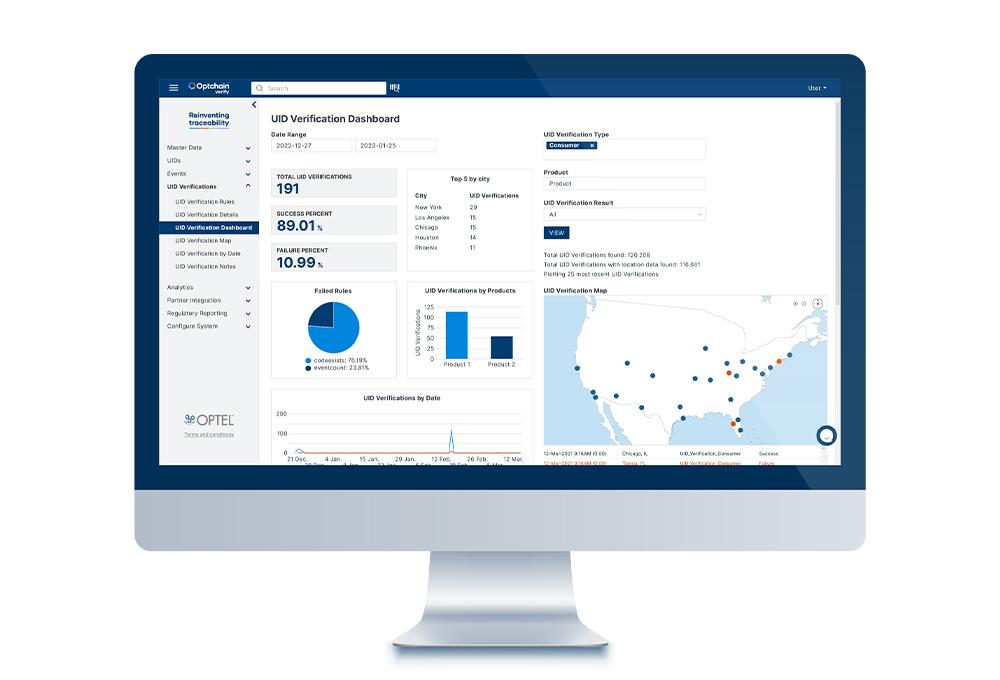The mists of Silent Hill are notoriously deceptive, blurring the lines between reality and nightmare. Lately, however, the fog has seeped beyond the game itself, obscuring the truth for eager fans. A phantom beta test for a supposed “Silent Hill f” has emerged, promising early access to the latest installment in the iconic horror franchise. But Konami, the series’ keepers, has issued a warning: this promised glimpse into the unsettling world of Silent Hill is nothing more than an illusion, a siren song luring unsuspecting players into the digital unknown.
The Shadow of Silent Hill Rumors Deepens
Whispers and speculation surrounding a potential Silent Hill revival continue to echo through the gaming community. Konami’s recent statement warning fans about a fraudulent “Silent Hill f” beta test has only added fuel to the fire. While seemingly debunking one rumor, the move has inadvertently reignited discussions about the franchise’s future. Is this a strategic move to gauge public interest? Or simply a necessary measure to protect fans from scams? The line between reality and speculation blurs, leaving many to wonder what Konami has planned for the iconic horror series.
The ambiguous nature of Konami’s statement opens the door to numerous interpretations. Could the debunking of a “Silent Hill f” beta suggest the existence of other, legitimate projects in the works? Fans have tirelessly compiled evidence, dissecting trademarks, cryptic messages, and insider leaks. While concrete details remain elusive, the ongoing buzz suggests an underlying truth beneath the layers of rumor and conjecture. Take a look at some of the recent swirling theories:
| Rumor/Leak Source | Potential Game | Credibility (Fan Speculation) |
| Known Insider “Dusk Golem” | Silent Hill: The Short Message | Medium |
| Leaked Images on a Korean Ratings Board | Unannounced Silent Hill title | High |
| Unverified Screenshots and Gameplay Footage | Multiple Silent Hill projects | Low |

Konamis Plea Echoes Through the Fog
A chilling wind whispers through the gaming community, carrying with it not promises of revitalization, but warnings of deception. Konami, keepers of the haunted town of Silent Hill, has issued a formal statement, urging fans to exercise extreme caution. Apparently, a phantom beta test for Silent Hill f, the upcoming entry in the iconic horror franchise, has materialized from the digital mist. This, however, is no benevolent apparition. Konami categorically denies any involvement with this supposed beta, declaring it a fraudulent attempt to prey on eager fans.
The spectral nature of this “beta” raises numerous red flags. While details remain elusive, Konami’s stark warning paints a grim picture. It’s a reminder of the darker corners of the internet, where hope and hype can be twisted into traps. For now, genuine pathways to experience Silent Hill f remain shrouded in mystery. Keep a vigilant eye on official Konami channels for authentic news. In the meantime, we urge caution and patience.
| Key Points to Remember | Status |
| Official Silent Hill f Beta | Currently Nonexistent |
| “Leaked” Beta | Confirmed Fake |
| Trustworthy Information Source | Konami’s Official Channels |

Unmasking the Silent Hill Beta Test Imposters
Whispers of a Silent Hill f beta test have been circulating online, igniting a frenzy among eager fans. Konami, however, has stepped in to clarify the situation, confirming that these “opportunities” are entirely fabricated. Scammers, preying on this anticipation, have crafted convincing imitations of official communications, complete with fake registration forms and promises of early access. These deceptive practices aim to harvest personal information or spread malware. Be vigilant and remember that legitimate beta tests are announced through official Konami channels, not through obscure social media posts or unsolicited emails. Verify information before interacting and protect yourself from these digital phantoms lurking in the fog.
Before you click that enticing “Register Now” button, take a deep breath and consider these red flags that may indicate a fraudulent beta test:
- Unofficial Communication Channels: Is the announcement from a verified Konami account or a suspicious-looking profile?
- Requests for Personal Information: Genuine beta tests rarely require extensive personal details. Be wary of forms asking for more than a basic email address and perhaps your gaming platform.
- Guaranteed Access: Legitimate beta programs often involve selection processes, not guaranteed slots. Promises of assured entry should raise suspicion.
- Suspicious Links & Domains: Double-check the URL before clicking! Ensure the link directs to an official Konami website and not a cleverly disguised imitation.
| Characteristic | Legitimate Beta | Fake Beta |
|---|---|---|
| Source | Official Konami Channels | Obscure Websites/Forums |
| Personal Info | Minimal (Email/Platform) | Excessive |
| Guaranteed Access | Rarely | Often Promised |

Navigating the Labyrinth of Misinformation
The digital age, while offering unprecedented access to information, has also become a breeding ground for deceptive practices. Rumors spread like wildfire, and the gaming community, vibrant and eager for news, is particularly vulnerable. The recent whispers of a Silent Hill f beta test, unfortunately, fall into this category. Konami, the rightful owner of the franchise, has issued a statement debunking these claims. Before clicking on suspicious links or sharing potentially harmful information, take a moment to verify the source. Remember, official announcements regarding Silent Hill will come directly from Konami, through established channels. Don’t let excitement cloud your judgment and become another victim of online trickery.
Staying informed and exercising caution are your best defenses. Here are some crucial steps to help you navigate the murky waters of online misinformation:
- Check Official Sources: Always look for confirmation from the game developer or publisher. Visit their official website or social media channels.
- Be Wary of Unverified Information: Treat any information from unofficial sources with skepticism, especially if it sounds too good to be true.
- Look for Evidence: Is the source providing concrete proof, or just vague claims? Screenshots and videos can be easily faked.
- Think Before You Click: Avoid clicking on suspicious links, as they could lead to phishing sites or malware.
| Red Flags | Safe Practices |
|---|---|
| Vague announcements lacking details. | Seek out specific dates, platforms, and registration details. |
| Requests for personal information (outside official channels). | Never share passwords, banking details, or other sensitive data. |
| Unfamiliar websites or social media accounts. | Stick to official communication platforms. |

Protecting Yourself from Phantom Promises
The fog of excitement surrounding a new Silent Hill title can be thick, making it easy to lose your way and fall prey to misleading whispers. Konami has recently issued warnings regarding fake beta tests for Silent Hill f circulating online. These deceptive invitations often promise exclusive early access, requesting personal information or directing fans to dubious websites. Remember, official beta announcements always come directly from Konami through established channels like their website and social media accounts. Don’t let the allure of an early peek into the shadowy streets of Silent Hill blind you to potential dangers. Treat any unsolicited invitation with suspicion and verify its legitimacy before sharing any information or clicking unfamiliar links.
Staying informed is your best defense against these digital phantoms. Here are some key precautions to take:
- Verify the source: Double-check the sender’s address and confirm it matches official Konami communication channels.
- Be wary of unusual requests: Legitimate beta tests rarely ask for extensive personal details or financial information.
- Check official sources: Visit Konami’s official website and social media for authentic news and announcements.
- Report suspicious activity: If you encounter a suspected scam, alert Konami and relevant authorities.
| Red Flags | Safe Practices |
| Unofficial email addresses | Follow official Konami channels |
| Requests for passwords or payment | Verify information with Konami |
| Promises of guaranteed access | Be skeptical of too-good-to-be-true offers |

The Allure of Silent Hill and the Dangers of Fakes
The chilling air of anticipation, the creeping dread of the unknown, the unsettling beauty of decay – these are the elements that draw us to the haunted streets of Silent Hill. It’s a town etched into the gaming psyche, a place where psychological horror reigns supreme and rust-colored fog obscures something far more terrifying than just the path ahead. The very name evokes a powerful emotional response, a testament to the artistry and mastery of the original developers. That potent legacy is what makes the proliferation of fake “beta tests” and leaked demos so disheartening. It preys on the fervent hopes of fans, dangling the promise of a return to the fog-shrouded streets only to deliver disappointment, malware, or worse. The desire to return to Silent Hill is so strong, so palpable, that it leaves many vulnerable to these cynical attempts to exploit our nostalgia.
Konami’s warning serves as a grim reminder of the digital landscape we navigate. The allure of the unknown can sometimes lead us down dangerous paths. While eagerness for new Silent Hill content is understandable, it’s crucial to exercise caution and rely on official sources. Remember, encountering authentic Silent Hill isn’t about chasing shadows in the dark corners of the internet. It’s about appreciating the legacy, celebrating the classics, and waiting patiently for legitimate news from trusted sources. In the meantime, let’s revisit the games that made us fall in love with the town in the first place:
| Game | Key Feature | Fear Factor |
| Silent Hill 2 | Psychological storytelling | High |
| Silent Hill 3 | Visceral horror | Extreme |
| Silent Hill 4: The Room | Claustrophobic atmosphere | Medium |

Konamis Commitment to Transparency and Fan Protection
At Konami, we prioritize the safety and security of our gaming community. We understand the excitement surrounding upcoming releases, particularly for a highly anticipated title like Silent Hill f. We’ve recently become aware of fraudulent beta test invitations circulating online. These deceptive campaigns often mimic official communications, using convincing imagery and language to trick fans into sharing personal information or downloading malicious software. To protect yourselves, always verify information through our official channels:
- Official Website: [Insert Official Website Link Here]
- Social Media (Verified Accounts): [Insert Social Media Links Here]
- Konami Customer Support: [Insert Support Link Here]
Remember, legitimate beta tests are announced exclusively through these channels. We never ask for personal financial information or require downloads from unofficial sources for beta participation. If you encounter any suspicious activity related to Silent Hill f (or other Konami titles), please report it to us immediately. We’re committed to taking swift action against fraudulent schemes to ensure a safe and enjoyable experience for all. For quick reference, refer to the table below highlighting key indicators of a fraudulent beta test invitation:
| Suspicious Indicators | Legitimate Konami Beta Tests |
|---|---|
| Requests for personal financial data | Never requests financial information |
| Downloads from unofficial websites | Downloads exclusively from official Konami platforms |
| Unsolicited emails with suspicious links | Announcements via official channels only |
| Guaranteed beta access for a fee | Beta access is never guaranteed and never for sale |

Staying Informed in the Silent Hill Community
The mists of rumor surrounding Silent Hill are thick, and unfortunately, not all whispers echoing within them are true. Konami has officially debunked circulating rumors of a Silent Hill f beta test. Desperate fans eager for a taste of the new installment have been targeted by sophisticated phishing scams masquerading as early access opportunities. Exercise extreme caution; these scams aren’t just after your personal information, they can also deliver malicious software to your devices. Before clicking any enticing links promising exclusive content, scrutinize the source. Official announcements will always come directly from Konami, through their verified channels.
Staying vigilant in the fog is paramount. Here’s how to shield yourself from the dangers lurking within the internet’s shadowy corners:
- Verify the source: Double check the URL and social media handles. Is it truly Konami, or a clever imposter?
- Don’t trust unsolicited offers: Legitimate beta tests are rarely announced through random emails or DMs.
- Be wary of requests for personal information: Konami will never ask for sensitive data through unofficial channels.
- Check official Konami channels: Look for official announcements regarding any beta programs.
| Safe Practice | Risky Behavior |
| Waiting for official announcements on Konami’s website. | Clicking links in unsolicited emails. |
| Following verified Konami social media accounts. | Providing personal information on unofficial forums. |

Verify, Then Trust Embracing Official Channels for Silent Hill News
The fog of misinformation surrounding Silent Hill is thicker than ever, and Konami is stepping in to clear the air. Numerous reports of a Silent Hill f beta test have surfaced online, leading to confusion and excitement among fans. Konami, however, wants to set the record straight: these “beta tests” are not legitimate. Don’t fall prey to phishing scams or malware disguised as exclusive early access. Your thirst for Silent Hill news should be quenched at the source, not in the murky depths of the internet. Follow official Konami channels and trusted gaming news outlets for verifiable information. Remember: in the world of survival horror, caution is key, both in-game and online.
How can you differentiate between real and fake Silent Hill news? Focus your attention on verified sources. Look for the blue checkmarks on social media, subscribe to official newsletters, and double-check URLs before clicking. Below are some key places to find official information:
| Platform | Official Channel |
| Konami Website | www.konami.com/games/silenthill/ (Example URL) |
| @Konami (Example Handle) | |
| Other | Check for official press releases from reputable gaming news sites |
Stay vigilant, Silent Hill fans.
To Conclude
The mists of Silent Hill are ever swirling, obscuring truth and fiction. While the promise of a return to the fog-shrouded town is tantalizing, it’s crucial to navigate these shadowy streets with caution. Keep your flashlight beam focused on official channels, lest you stumble into the deceptive embrace of a phantom beta test. The siren song of leaked builds and early access can be alluring, but remember the town’s true nature: it preys on the vulnerable and unsuspecting. Stay vigilant, and wait for the official fog horn to sound. Only then can you be sure you’re truly entering Silent Hill.






